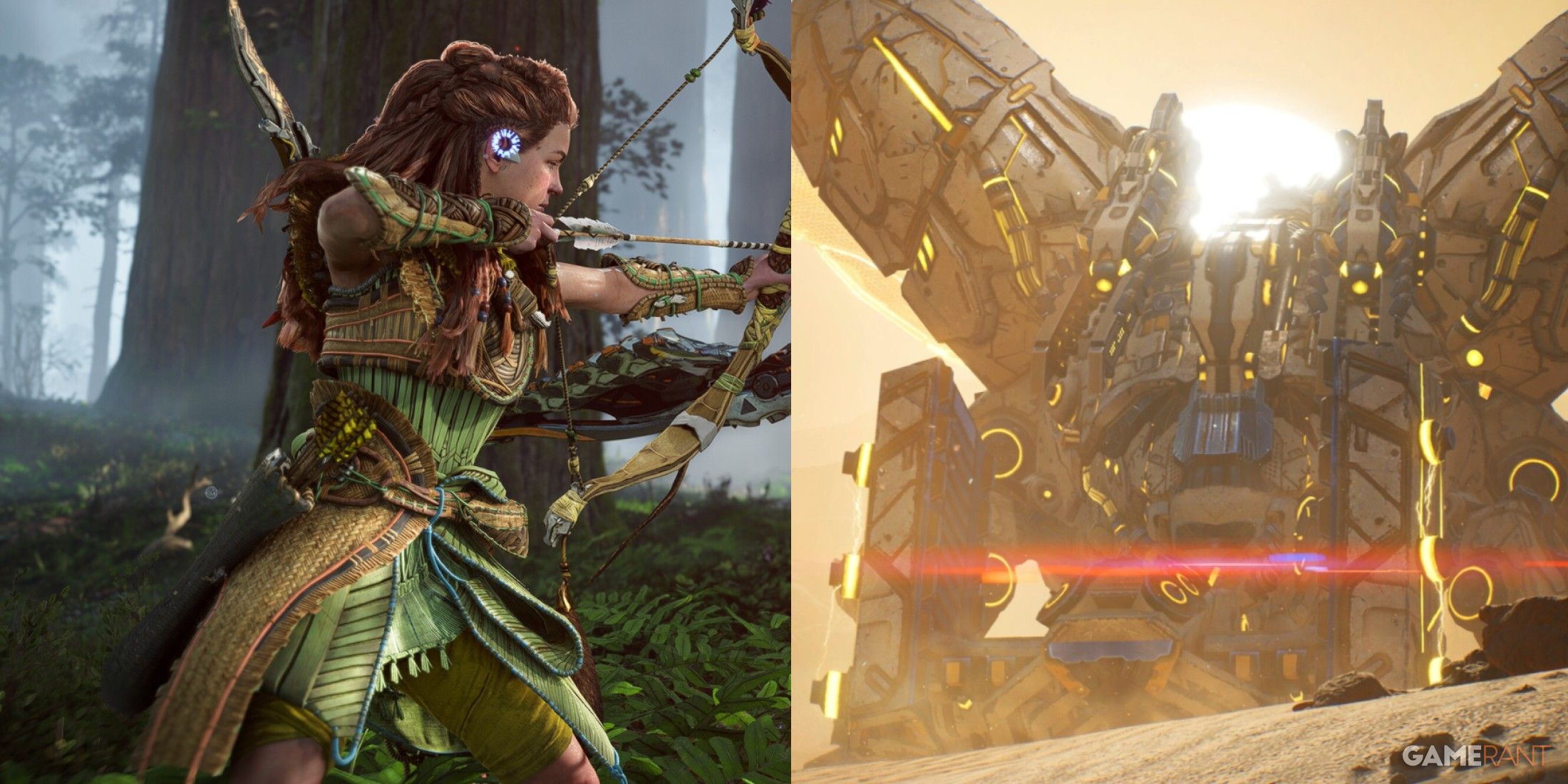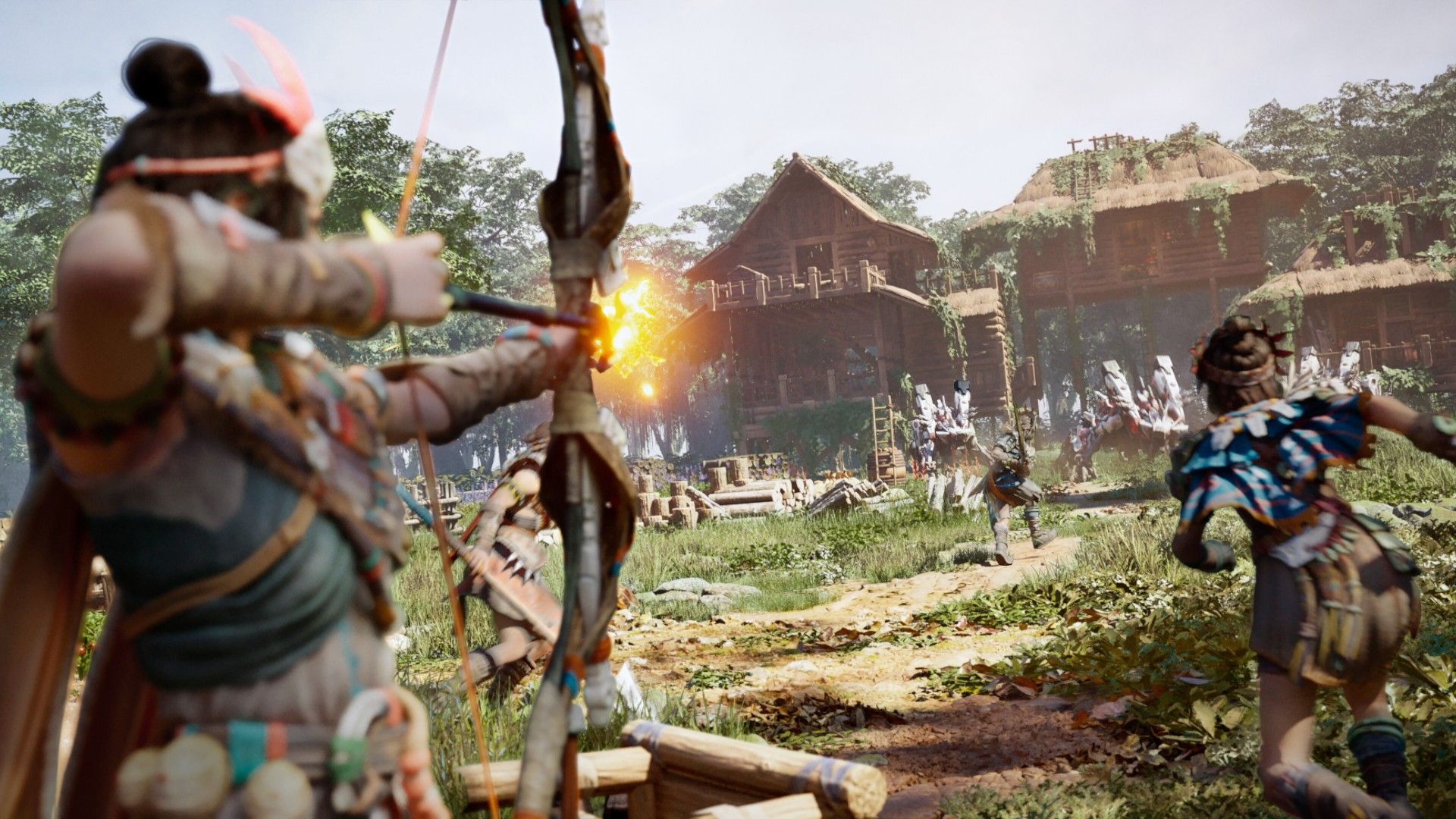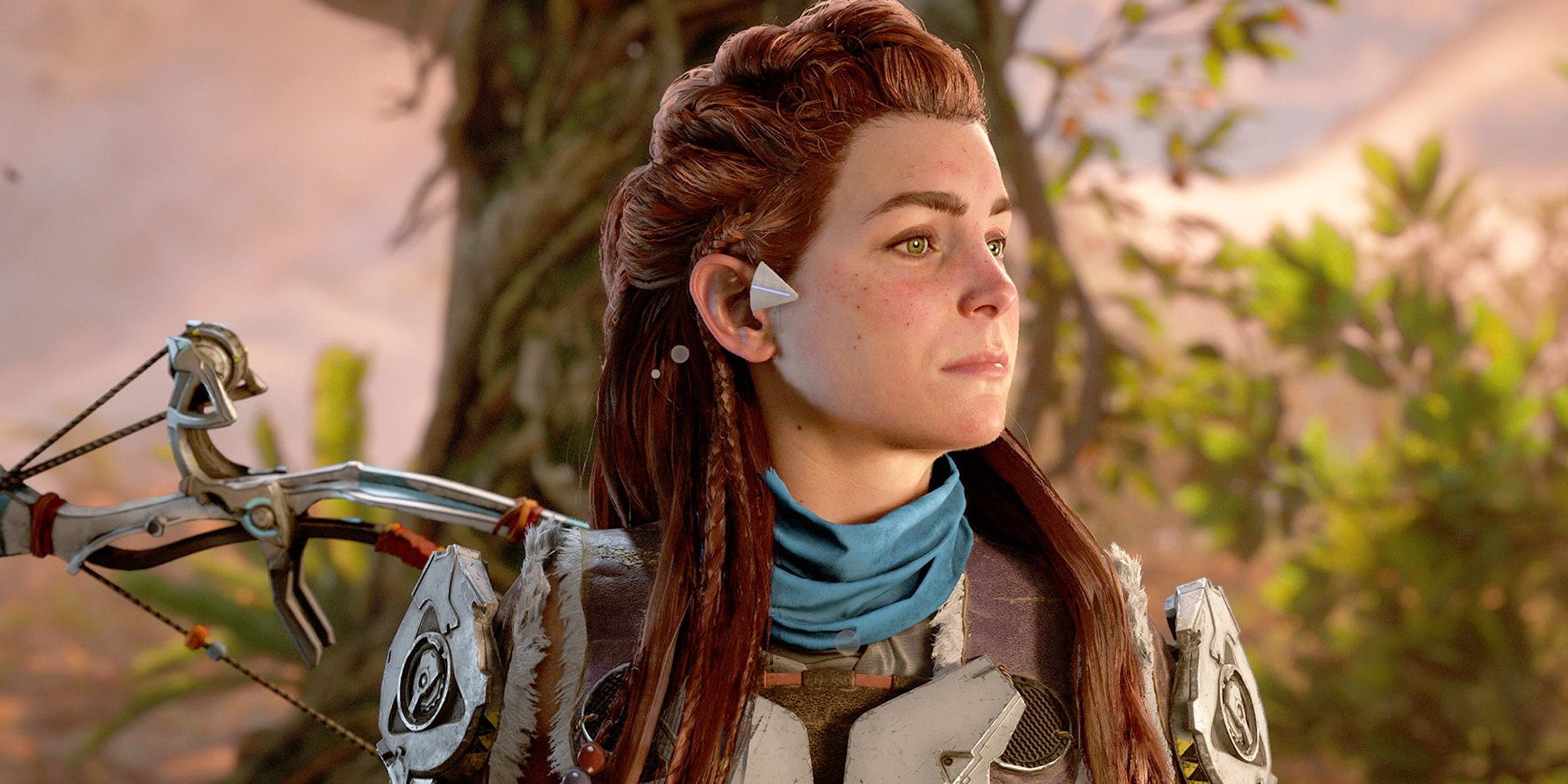The Clone Wars: Tencent’s “Light of Motiram” Undergoes Major Changes Following Sony Lawsuit
Popular Now
 Among Us
Among Us
 CarX Street
CarX Street
 NBA 2K24
NBA 2K24
 Brawl Stars
Brawl Stars
 Grand Theft Auto V
Grand Theft Auto V
 Fall Guys
Fall Guys
 Schedule I
Schedule I
 Fortnite
Fortnite
 PUBG Mobile
PUBG Mobile
 EA SPORT FC 25
EA SPORT FC 25
 In a move that has sent ripples throughout the gaming industry, the controversial game Light of Motiram, a title widely accused of being a “slavish clone” of Sony’s popular Horizon franchise, has undergone a series of significant changes to its Steam page. This comes just weeks after Sony Interactive Entertainment (SIE) filed a federal lawsuit against Chinese tech giant Tencent, the parent company of the game’s developer, Polaris Quest. The lawsuit, which accuses Tencent of copyright and trademark infringement, has put the spotlight on the growing issue of game cloning and the protection of intellectual property. The changes to the game’s marketing materials are a clear response to the legal pressure from Sony and a sign that the company is taking the lawsuit very seriously. This is a crucial case for the entire video game market, as it could set a precedent for how major publishers protect their most valuable assets from imitation.
In a move that has sent ripples throughout the gaming industry, the controversial game Light of Motiram, a title widely accused of being a “slavish clone” of Sony’s popular Horizon franchise, has undergone a series of significant changes to its Steam page. This comes just weeks after Sony Interactive Entertainment (SIE) filed a federal lawsuit against Chinese tech giant Tencent, the parent company of the game’s developer, Polaris Quest. The lawsuit, which accuses Tencent of copyright and trademark infringement, has put the spotlight on the growing issue of game cloning and the protection of intellectual property. The changes to the game’s marketing materials are a clear response to the legal pressure from Sony and a sign that the company is taking the lawsuit very seriously. This is a crucial case for the entire video game market, as it could set a precedent for how major publishers protect their most valuable assets from imitation.
 The Lawsuit: A Tale of Rejection and Replication
The Lawsuit: A Tale of Rejection and Replication
The lawsuit filed by Sony is more than just a complaint about visual similarities; it outlines a detailed timeline of events that suggests a deliberate attempt to copy the Horizon franchise. According to the court documents, Tencent reportedly began developing Light of Motiram in 2023, and in 2024, approached Sony with a pitch to collaborate on a new game within the Horizon universe. Sony, however, declined the offer. The lawsuit claims that despite the rejection, Tencent continued to develop the game, eventually announcing it and promoting it with marketing materials that Sony’s legal team has described as “unmistakably similar” to their own. The lawsuit points to several key elements that were allegedly copied, including:
- The Protagonist: The game’s main character, a young, red-haired female protagonist, bore a striking resemblance to Horizon‘s Aloy, even down to her outfit and a device she uses on her ear, similar to Aloy’s “Focus.”
- The World: Both games are set in a post-apocalyptic world where nature has reclaimed the land and humanity has reverted to a more primitive state. The lawsuit also cites the use of similar visual styles, including the distinctive red grass found in Horizon Zero Dawn.
- The Enemies: The most blatant similarity is the presence of “colossal machines” or “mechanimals” that resemble animals, a core concept of the Horizon series.
- The Marketing: Sony’s lawsuit also alleges that Tencent used promotional art that was “slavishly cloned” from Horizon‘s own marketing, including the art style, the key visual elements, and the overall aesthetic.
Sony is seeking a court order to prevent the game’s release and is demanding up to $150,000 in damages for each separate work of copyright infringement. The company also cites public comments and articles from gaming journalists that have universally noted the uncanny similarities between the two titles.
 The Aftermath: A Quiet Scrub of the Steam Page
The Aftermath: A Quiet Scrub of the Steam Page
In the days following the public news of the lawsuit, Tencent has quietly made a number of significant changes to the Steam page for Light of Motiram. The original key art, which featured a character that looked like a clone of Aloy, has been replaced with a more generic image of two small robotic creatures, a bird and a pig. Several of the more damning screenshots, which highlighted the similarities to the Horizon series, have also been removed and replaced with new images that focus more on the game’s survival and exploration mechanics. The most telling change, however, is the game’s description. The original description, which explicitly mentioned “colossal machines” and “mechanimals,” has been replaced with a more vague and generic description that focuses on themes of survival and courage. The game’s release window has also been pushed back from “To Be Announced” to “Q4 2027,” suggesting that the developers will need to make some significant changes to the game itself before it can be released.
 The Implications: A Warning to the Industry
The Implications: A Warning to the Industry
While the lawsuit is still ongoing, the swift and dramatic changes made to the Steam page for Light of Motiram are a clear sign of its impact. This case is a critical moment for the gaming industry. If Sony is successful, it could set a powerful precedent that will make it much harder for other developers to release games that are perceived as blatant copies of established franchises. It sends a strong message that even a giant like Tencent will have to answer for its actions in a court of law. For players, this case is a reminder of the importance of intellectual property and the value of original ideas. As the lines between genres blur and the market becomes more crowded, this lawsuit is a necessary step to protect the creative work that drives the industry forward. The outcome of this legal battle will have a massive impact on the future of game development, and it will be fascinating to see how the case unfolds in the coming months.









